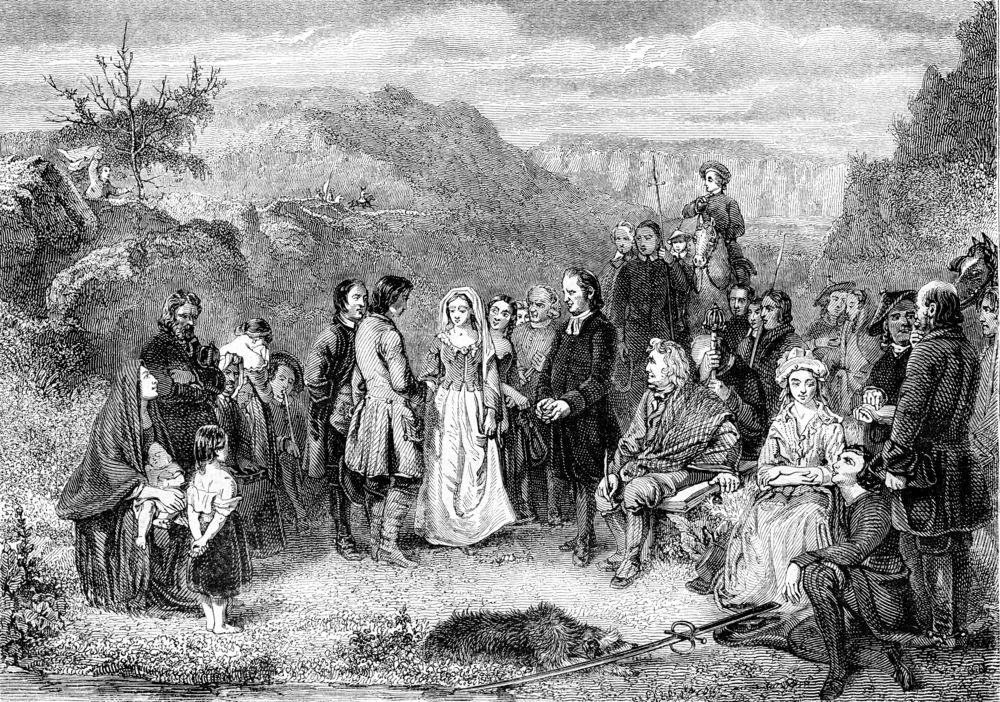September 21, 2021
For nature and neighbor: A Christian vision of work and the economy
Abounding in freedom and plenty, Americans continue to grapple with competing forms of workism and careerism, struggling to find meaning and identity in an increasingly secular age.
In response, many Christians have rightly taken a renewed interest in vocation and calling, reflecting on God’s original design for economic life. Continue Reading...



